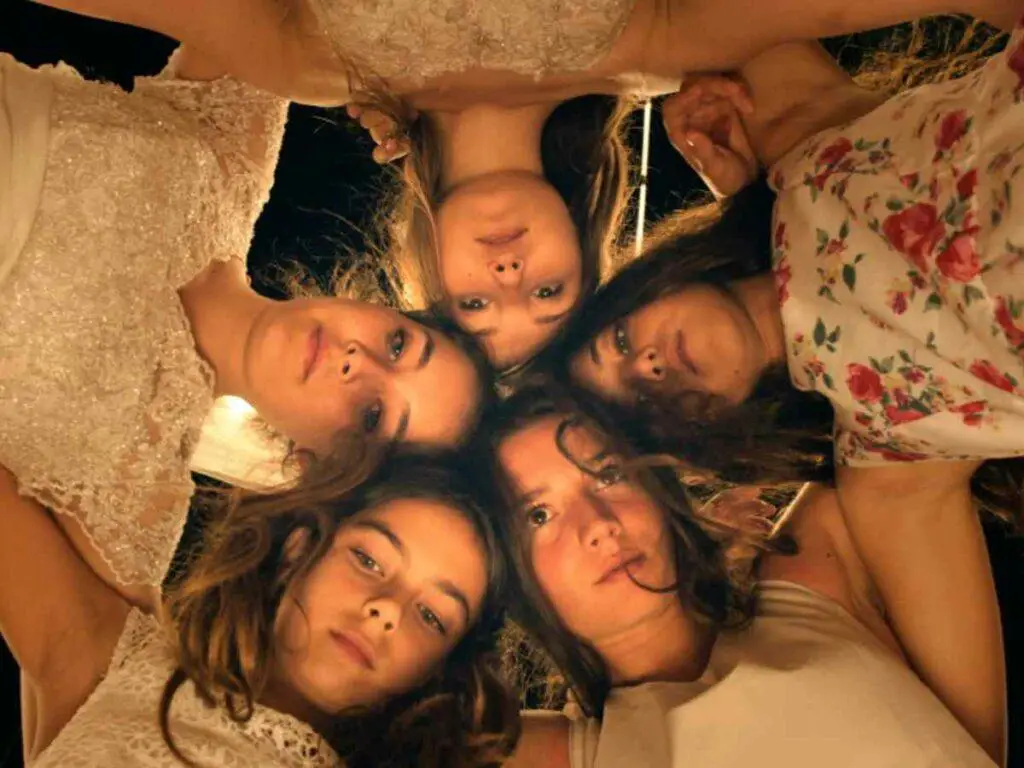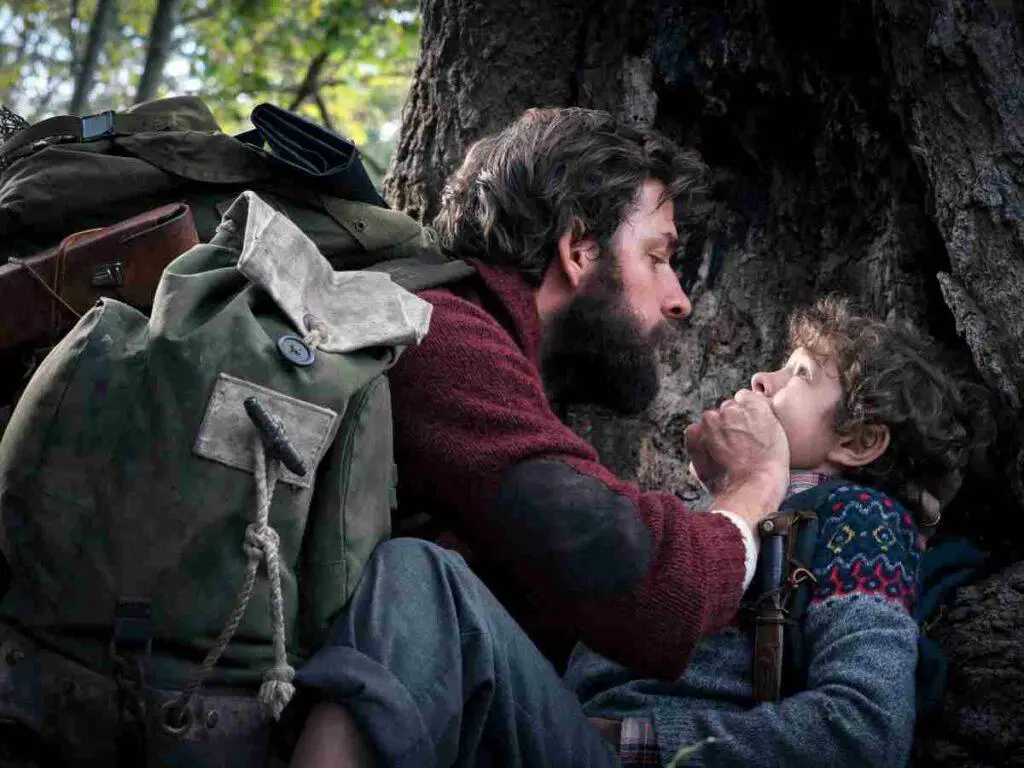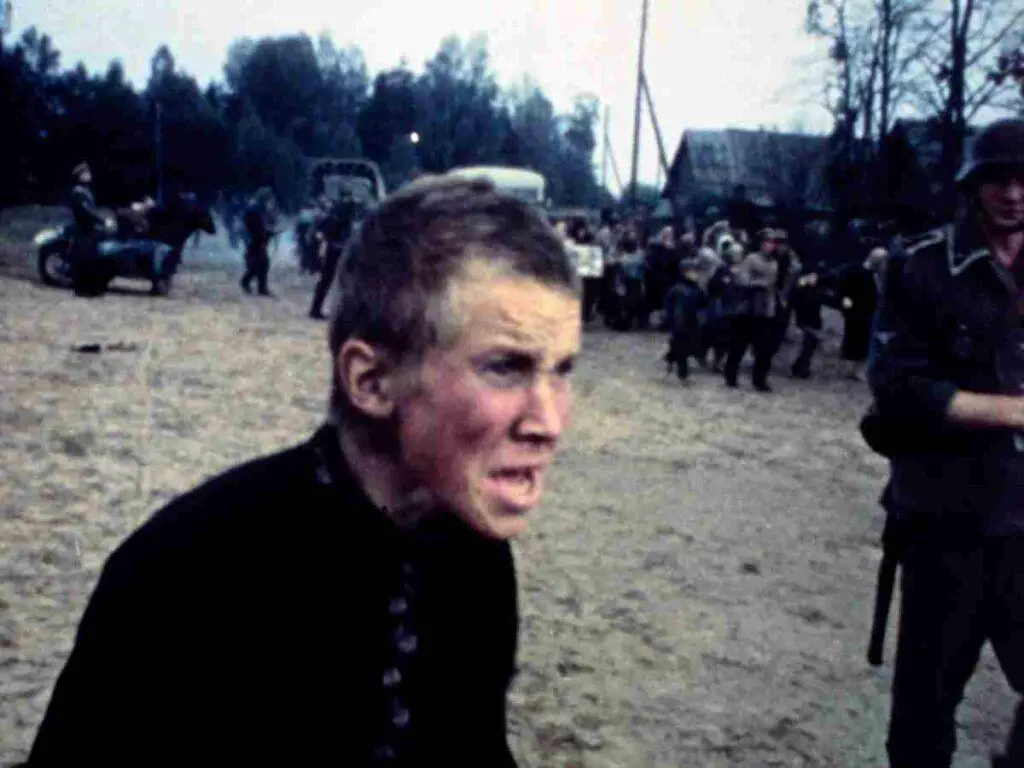French/Turkish filmmaker Deniz Gamze Ergüven’s poignant début Mustang, is about the socially mandated sexualization of women. It opens with a premonitory voice-over: “Everything changed in the blink of an eye. One minute we were quiet. The next we all danced.”
Set in a small Turkish coastal village by the Black Sea, Mustang is narrated by a precocious teenager Lale. In the opening scenes, she along with her elder sisters – Sonay, Selma, Ece and Nur – set out to celebrate the onset of summer holidays with male classmates. The girls play in the sea, sitting atop boys’ shoulders, trying to knock each other off.
When they get home, they are beaten up by their grandmother. A neighbour sexualizes the girls’ behavior at the beach and she decries, ‘My granddaughters pleasuring themselves on boys’ necks.’ Soon, it becomes one big scandal in the village. And words like ‘purity’ and ‘shame’ are pondered over.
The girls are raised by their grandmother and an intimidating uncle Erol. The house gradually transforms into a prison. Phones and computers are confiscated. Wardrobes are filled with long, shapeless brown dresses. Virginity is obsessed over and over. The sisters are trained in cooking, stuffing mattress and other household chores.
As Lale puts it, the house becomes a ‘wife factory’. The story is anchored in Lale’s perspective, the most independent and outspoken of the five.
External prison-like setting of the house is soon replaced by the internal soul-snatching arrangement: marriage. Each girl goes through different emotions to the prospect of a loveless marriage and tragic separation from one another.
Mustang’s plot isn’t quite original but effective due to director Ergüven and co-writer Alice Wincour’s strong construction of characters. The film’s achievement lies in its nuanced criticism of a society that uses a sexualization filter to see everything women do. It also ironically looks at the sanctioned community ceremonies to celebrate female sexuality. The complicated themes explored could have easily veered into a heavy-handed territory. But it’s all executed in a way that looks genuine.
Ergüven initially frames the sisters tightly to insist on their bond. Like they were a single entity. In initial scenes, except Lale, others remain indistinguishable. The director gradually narrows down to look through each girl’s peculiarities and characteristics. Sonay, the eldest, rejects to serve tea to a suitor. She claims she is going to marry her boyfriend. Immediately, Selma takes Sonay’s place, indicative of products being shipped out of assembly line. That point onwards, cracks in the sisterly bond widen. The way each of them reacts to it reflects on the individual character’s nature/complexities.
In one of Mustang’s most distressing moment, Selma, in the middle of her wedding night, is taken to a hospital because her husband isn’t able to display a bloodied sheet as proof of his bride’s virginity. The confused, world-weary look on Selma’s face as she is being examined by a doctor speaks volumes. About the warped idea of purity, which society expects of women.
But, apart from such effective digressions, Ergüven and Wincour’s script stays on Lale, and tries to focus on the disappearance of liveliness in the house with the departure of each sister. The nuanced writing concentrates on the emotional burden on the younger ones, as sibling bond weakens. Mustang becomes a bleak drama in these parts and the atmosphere claustrophobic. Nevertheless, the script provides ample emotional catharsis with Lale’s intense escape plan in the third act.
Another striking quality of the script is the way it humanizes the elderly woman. Grandmother and other aunts do perpetuate the code of social injustice, but at the same time, share an empathetic bond with the younger generation. We witness it in a scene when the girls sneak out to watch a soccer game.
There are a few flaws that could be attributed to the relative inexperience of the writer/director. For example, the girls’ inherent rebellious, mischievous nature goes unexplained. If they were brought up in a culturally repressive society, where did Sonay, for instance, find the inspiration to rebel against Lale? The girls also seem more urbanized than the ones growing in backwater villages. Turkish viewers have complained about the girls’ dialect.
Despite these little imperfections, Mustang has us rooting for the girls. When director Ergüven accelerates the drama with Lale’s escape from the repugnant cultural environment, we admire her pursuit for freedom. Yes, the last sequences make Mustang less of a cultural critique. But they don’t feel contrived. The girls’ performances and the naturalistic sisterly bond they invoke lend strength to the narrative. Except Iscan, who plays Ece, none of the other girls are experienced. But how they create an environment of liveliness and trust is nothing short of amazing!
Mustang is an undeniably compelling take on the rampant sexualization of women in a culturally constricted society. The gorgeous visual design and pulsating performances offer an ultimate movie experience.
Rating: 4/5





An absolutely beautifully expressed review.
Had heard much about the film… Glad I came read this review. Need to go watch it now.